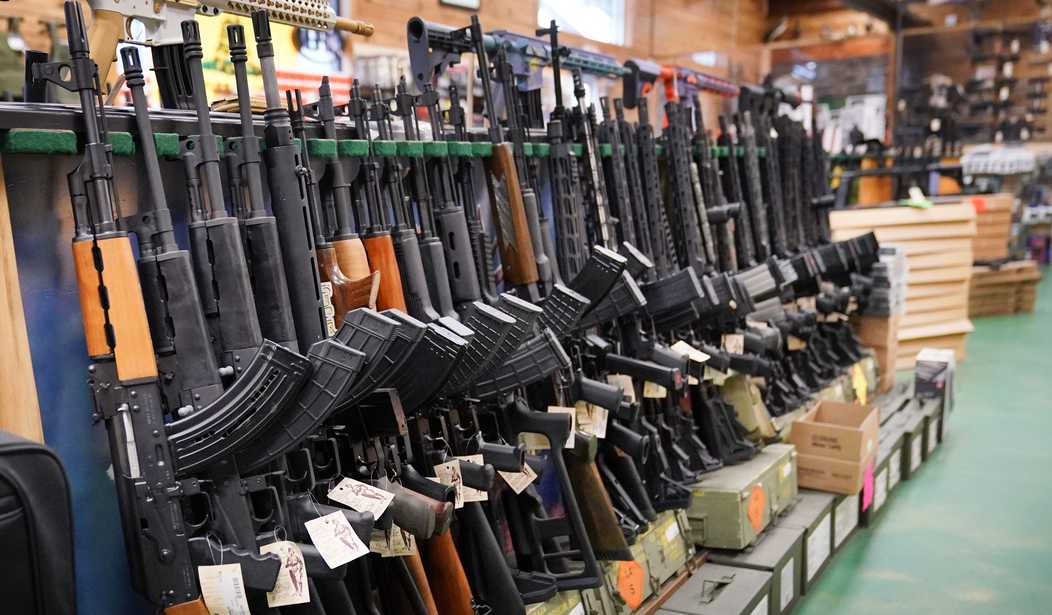The Second Amendment is one of the most contentious matters in American politics and has been for quite a while. Despite being a pretty clearly-defined right in the Constitution, a ton of people out there seem tot think that it doesn't mean what it says. It's a political issue that, frankly, shouldn't be.
After all, free speech is pretty bipartisan. So is freedom of religion. The right to keep and bear arms, though?
Again, it shouldn't be.
And over at America's 1st Freedom, they get into some of why it shouldn't be.
The right to keep and bear arms is enshrined in the U.S. Constitution. It is not a tool of one political party but rather is a right for all Americans, regardless of their background, income or voting history.
Here are five reasons why the Second Amendment shouldn’t be a political battleground—and instead, a shared principle rooted in equality, protection and empowerment.
- The Second Amendment Is a Great Equalizer
At its core, the Second Amendment is about self-preservation and the ability of individuals to defend themselves, especially when institutions fail to do so.
According to FBI data, over 1 million violent crimes were reported in 2021, including more than 600,000 aggravated assaults. Police response times vary widely—averaging 10 to 15 minutes in many areas and significantly longer in rural counties.
In 2020, nearly 40% of all first-time gun buyers were women, and purchases by black Americans rose by 58%, according to data from the National Shooting Sports Foundation (NSSF). These trends continued into 2023, driven by concerns about personal safety and civil unrest.
Empowerment is not partisan. The ability to protect oneself is a fundamental right.
- The Second Amendment Protects Everyone—Equally
The Constitution doesn’t make exceptions: “the right of the people to keep and bear Arms shall not be infringed.”
Historically, gun control has been used to disarm and suppress certain groups of people. After the Civil War, “Black Codes” in Southern states explicitly restricted black Americans from owning firearms. In 1967, the Mulford Act was passed in California primarily in response to the Black Panther Party’s armed patrols.
Today, the National African American Gun Association (NAAGA) has grown to over 45,000 members and the gun-rights group Pink Pistols advocates for armed self-defense amid rising hate crimes.
The Second Amendment is a civil-rights issue. It transcends party lines.
There are others, of course, including a mention of the fact that a whole lot of Democrats own guns.
But there's one thing that they didn't really get into here, and it's one that isn't going to convince any anti-gunner, but it's the simple fact that it's a right. Period.
Few people dispute that you have the right to defend yourself. The issue, though, is that some people think that despite the Second Amendment's clearly stated protection for the right to keep and bear arms, you have no real right to use a gun to defend yourself from anyone or anything. The argument that you can't defend yourself from a tyrannical government without F-15s is asinine if for no other reason than the Taliban and the Viet Cong did a pretty good job of resisting the United States military without an air force.
But that won't change anyone's mind, and that's the real shame of it all.
It's a civil liberty. It's the civil liberty that's the insurance policy for all of the other civil liberties. It's the hovering threat that warns the government they can never go too far without some risk to them and theirs, that we're a nation of the people, by the people, and for the people, and not for a new aristocracy that seeks to assert itself at the expense of others.
And that goes for all of us.
I just wish people understood that.







